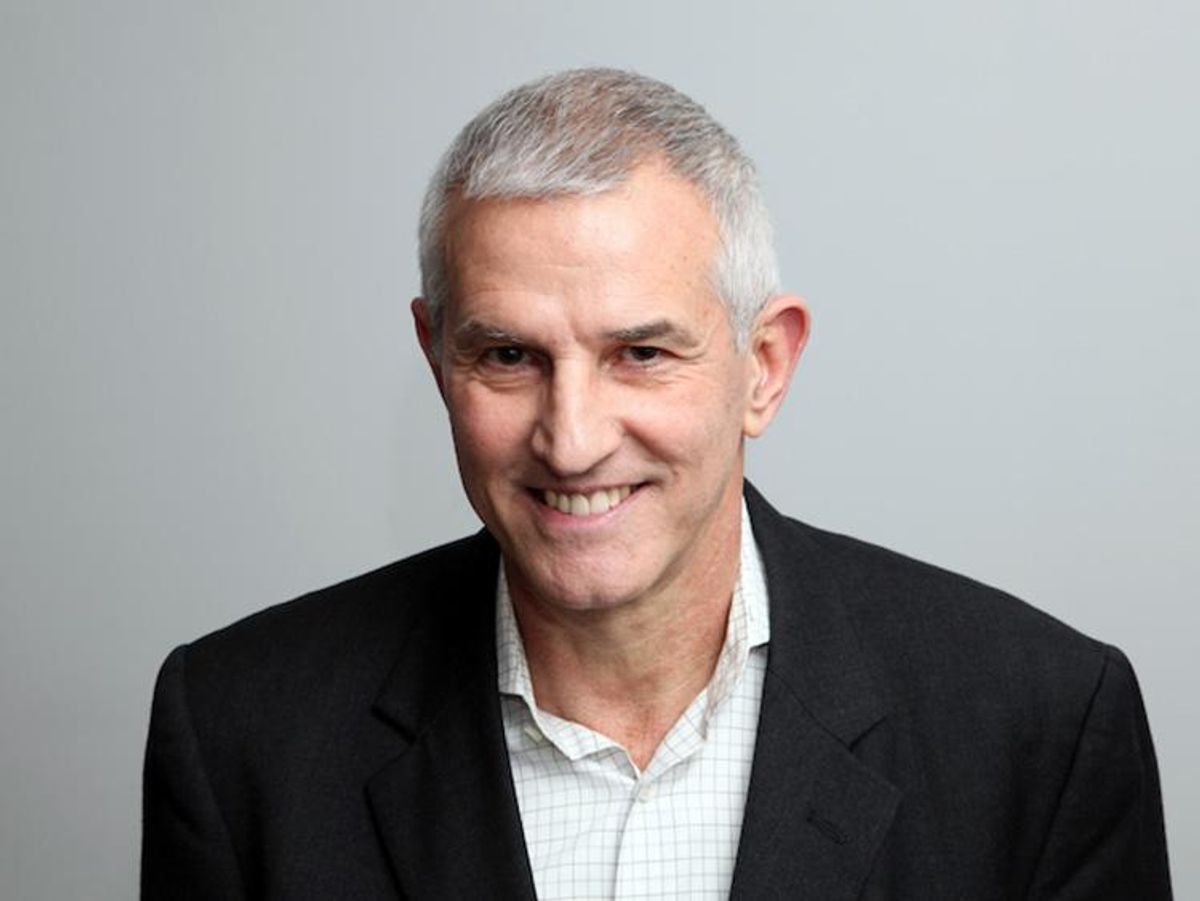Last week, nearly 60 people with pre-existing conditions, including those living with HIV, risked arrest by taking over their senator’s offices to protest the Republican repeal of the Affordable Care Act, which will undoubtedly lead to countless of preventable deaths.
By mid-afternoon, nearly 40 people were arrested at various locations. The overwhelming majority (90 percent) had never been arrested before, and while most of the protestors were young adults, most (if not all) of them were living with chronic diseases like Huntington’s disease, traumatic brain disorders, and HIV.
One of the participants arrested was Eric Sawyer, vice president of public affairs and policy at Gay Men’s Health Crisis, and a founding member of ACT UP and Housing Works. Being at the front lines of fighting the HIV epidemic since the 1980s, Sawyer has seen his fair share of civil disobedience.
The decision to protest was made by Housing Works and a few other organizations in the Center for Popular Democracy. Organizers felt they needed a strong message to show America how inappropriate and unfixable the Senate bill is as far as health care. Sawyer explains:
“The fact that they're combining a tax bill of almost a trillion dollars to rich people at the same time that they're cutting 772 billion dollars worth of health care funding from poor people,” he says to Plus. “[The bill says] it's too expensive to provide poor people with health care, so we have to gut their health care system and cut the level of care that they get to nothing — cut more than 22 million people out of care completely because it's so expensive to provide it. Oh, but [Senators] can afford a trillion dollar tax cut for a bunch of rich people who haven't asked for one or don't need one. We took that message through our bodies, through disrupting offices, through a willingness to go to jail.”

Pictured: Eric Sawyer being taken away into custody.
While no senators came out to speak to the group of protestors (Sawyer was with a group protesting outside Alaskan Senator Lisa Murkowski’s office, eight of whom were arrested), he says low-level staffers approached them urging the group to go away as they hadn’t requested a meeting. That’s when they began to tell their stories.
“There was somebody with Huntington's disease and someone with traumatic brain disease, all telling how they rely on Medicare or Medicaid for their healthcare, and how it was a life threatening illness and how being thrown off of Medicaid mean the end of their lives,” Sawyer explained.
But the staffer wasn’t giving them what they wanted to hear, so they sat in front of their senator’s offices until the police came.
“We were handcuffed in the senate police offices for nine or ten hours depending on when the arrest happened, without food or access to bathrooms,” Sawyer said. “[We] had to sit there while they processed paper. When a few people were complaining that their circulation was cut off because of the cuffs that were on them which were too tight, [police] said, ‘Well, you should have thought of that before you broke the law. You broke the law, our policy is that you're cuffed until you're released. So, we're sorry.’”
Sawyer goes on to explain how today’s fight for healthcare is reminiscent to the battle experienced by warriors of the AIDS crisis.
“All of the rise and resist activities that are happening after the current administration was elected is very reminiscent of those times,” he says. “It's encouraging to see that people are again taking to the streets and confronting their politicians both here in DC as well as in their districts when they're home. We hear from members on both sides of the aisle that they're making decisions based on the pressure and anger that they're facing in their town hall meetings and the conversations and letters and phone calls that they're getting from constituents.”
He continues: “We're now at a point where we could actually end the epidemic, if we could just get everybody who's HIV-positive referred to care so their own health improves, but more importantly, that they're not infectious and unable to spread the virus to anyone else… But with cuts to the Medicaid system and throwing out the Affordable Care Act, which is providing health insurance and HIV medications to millions of people across this country, we're gonna turn the clock back so the HIV epidemic is gonna rage again. And we won't be able to end the epidemic, which is within reach if we just get everybody the medication and the funding that's required to get them to undetectable.”
One of the protestors alongside Sawyer was a woman in a wheelchair, who has to use a feeding tube and has a number of chronic medical conditions. She completely relies on social security disability and Medicaid for her funding, and if she loses that through cuts, she will be dead in a matter of weeks.
As far as the lobbyist’s argument, which sides on the idea that the Affordable Care Act isn’t working, the premiums are too expensive, the deductibles are too expensive, it’s broken, and it needs to be thrown out: “It's so disheartening to see people basically being brainwashed or agreeing with, following, the party line when it's going to strip 22 million people or more of Medicaid and Medicare and throw them off of health care and cancel millions of people's access to health insurance through the Affordable Care Act,” Sawyer adds. “It's really, really disheartening to see that kind of, if it isn't malice, [but] total disregard for human life and for human right of health.”













































































